
6 Essential Tips for Choosing the Best Solar Flood Light for Your Home
Share
Table of Contents
- Introduction
- Tip 1: Determine the Right Lumen Output for Your Area
- Tip 2: Consider Battery Life and Capacity
- Tip 3: Choose a Durable, Weather-resistant Model
- Tip 4: Look for Motion Sensor Features
- Tip 5: Check the Solar Panel Efficiency and Size
- Tip 6: Consider Additional Features for Added Convenience
- Conclusion
Introduction
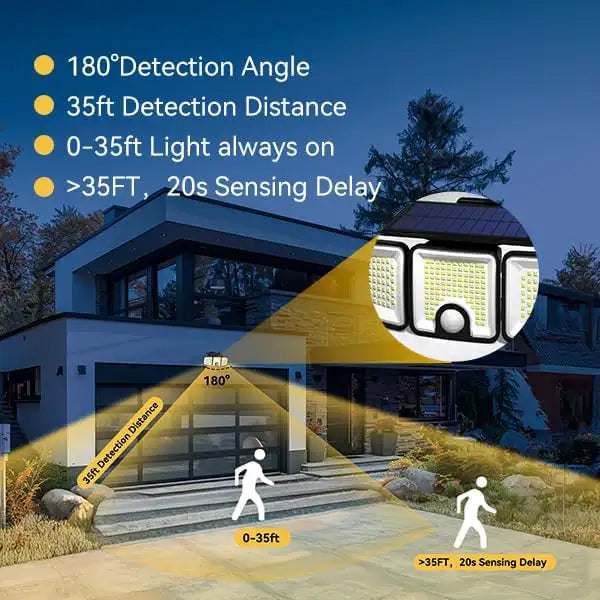
Solar flood lights are becoming a popular solution for outdoor lighting, offering energy efficiency, security, and environmental benefits. They harness the sun’s power, making them a sustainable choice for homeowners looking to illuminate their yard, driveway, or garden.
However, with the wide variety of options on the market, choosing the best solar flood light can be a daunting task. Whether you're looking to improve your home's security, brighten up your outdoor space, or save on energy bills, the right solar flood light can make a significant difference.
In this guide, we’ll cover 6 essential tips to help you make an informed decision when selecting the best solar flood light for your home.
Tip 1: Determine the Right Lumen Output for Your Area
The brightness of a solar flood light is measured in lumens. Lumens are a critical factor in choosing the right light for your outdoor area, as they determine how well the light will illuminate your space.
What Are Lumens?
Lumens measure the total amount of visible light emitted by a light source. The higher the lumen count, the brighter the light.
- Low Lumens (200-500): Ideal for small areas like patios or pathways.
- Medium Lumens (500-1,000): Suitable for medium-sized areas like driveways or gardens.
- High Lumens (1,000+): Perfect for large areas such as expansive yards or commercial spaces.
How to Choose the Right Lumen Output
To determine the right lumen output, consider the size of the area you need to illuminate and the level of brightness you want. For instance, a small front porch may only require a light with 200-500 lumens, while a large backyard or driveway may need a light with 1,000 lumens or more.
Further Reading:
Tip 2: Consider Battery Life and Capacity
The battery is the heart of any solar flood light, storing energy generated during the day and powering the light at night. Choosing the right battery life and capacity ensures your lights stay on for the entire night, even on cloudy days.
Types of Solar Batteries
- Lithium-ion Batteries: These are the most efficient, providing longer battery life and faster charging times.
- Lead-acid Batteries: A more affordable option, but with shorter lifespan and slower charging.
Battery Tips
- Look for batteries with a longer life cycle (at least 1,000 charge cycles).
- Consider a higher-capacity battery (2,000mAh or more) for lights that need to last longer, especially in areas with less sunlight.
When choosing a solar flood light, it's crucial to consider battery capacity and how long it will keep the light on through the night. The Super Bright Solar LED Garden Spotlight features a 2000mAh lithium battery, providing 8-12 hours of reliable lighting across adjustable colors and dual modes, with an IP65 waterproof rating to ensure lasting performance even in tough weather.
Tip 3: Choose a Durable, Weather-resistant Model
Outdoor lighting needs to withstand the elements. Choosing a weather-resistant solar flood light ensures it can handle rain, wind, snow, and UV exposure without deteriorating.
IP Rating and Weather Resistance
The IP (Ingress Protection) rating indicates how well the light is sealed against dust and water. A higher IP rating means better weatherproofing.
- IP65 or higher: These models are fully weather-resistant, making them ideal for areas that experience heavy rain, snow, or intense sunlight.
- IP44 or lower: Suitable for sheltered areas where the light is not exposed to harsh weather conditions.
Material Selection
- Aluminum or Stainless Steel: These materials are strong, rust-resistant, and ideal for outdoor use.
- ABS Plastic: Often used for lightweight and affordable options, but may wear down faster under harsh conditions.
Tip 4: Look for Motion Sensor Features
Many solar flood lights come equipped with motion sensors, which can save energy by only activating the light when motion is detected. This is especially useful for security purposes, as it alerts you when someone enters your property.
Benefits of Motion Sensors
- Energy Efficiency: The light only turns on when needed, conserving battery power.
- Enhanced Security: A sudden burst of light can deter intruders or animals from approaching.
What to Look for in Motion Sensors
- Detection Range: Look for a sensor with a range of at least 10-30 feet, depending on the area you wish to cover.
- Sensitivity: Some models allow you to adjust the sensitivity to avoid triggering the light from small animals or moving trees.
Tip 5: Check the Solar Panel Efficiency and Size
The efficiency and size of the solar panel directly affect how well the light performs. A larger or more efficient panel will generate more power during the day, resulting in longer-lasting and brighter illumination at night.
Solar Panel Efficiency
- Monocrystalline Panels: These are the most efficient and convert the highest amount of sunlight into electricity.
- Polycrystalline Panels: Slightly less efficient but still offer a good performance-to-cost ratio.
- Amorphous Panels: Typically the least efficient but work well in low-light conditions.
Panel Size
- A larger panel will generally charge the battery faster and provide more power, ensuring the light stays on longer.
Tip 6: Consider Additional Features for Added Convenience
While the basic features are important, additional functionalities can enhance your solar flood light's convenience and usability.
Adjustable Settings
Look for lights that allow you to adjust brightness levels or set timers. These features give you more control over your light and can extend battery life.
Dusk-to-Dawn Sensors
Lights with automatic dusk-to-dawn sensors will turn on at sunset and off at sunrise, providing hassle-free operation.
Remote Control or App Features
Some advanced models come with a remote control or app integration, letting you control settings from a distance. This is ideal for users who want additional control over their lighting.
Conclusion
Choosing the best solar flood light for your home requires thoughtful consideration of several factors, from brightness to battery life and weather resistance. By following these 6 essential tips, you can ensure that your solar flood light performs effectively, lasts longer, and enhances your home’s security and lighting efficiency.
Remember to evaluate your specific needs—whether it’s for illuminating a small garden, securing your driveway, or creating a bright outdoor space—and select a light that fits those requirements. With the right solar flood light, you can enjoy energy savings, long-lasting performance, and enhanced security all year round.
Further Reading
Explore the full guide for this topic: Best Outdoor Solar Lights: Complete Buying & Comparison Guide
Related Articles
- Ultimate Guide to Buying Solar Fence Lights
- How to Choose the Best Solar Flagpole Light
- Why Solar Pool Lights Are the Best Investment for Your Pool
- How to Choose the Best Solar Pole Lights for Your Outdoor Space
- How to Choose the Best Solar Garden Lights for Your Outdoor Space
- How to Choose the Best Solar Landscape Lights for Your Outdoors?

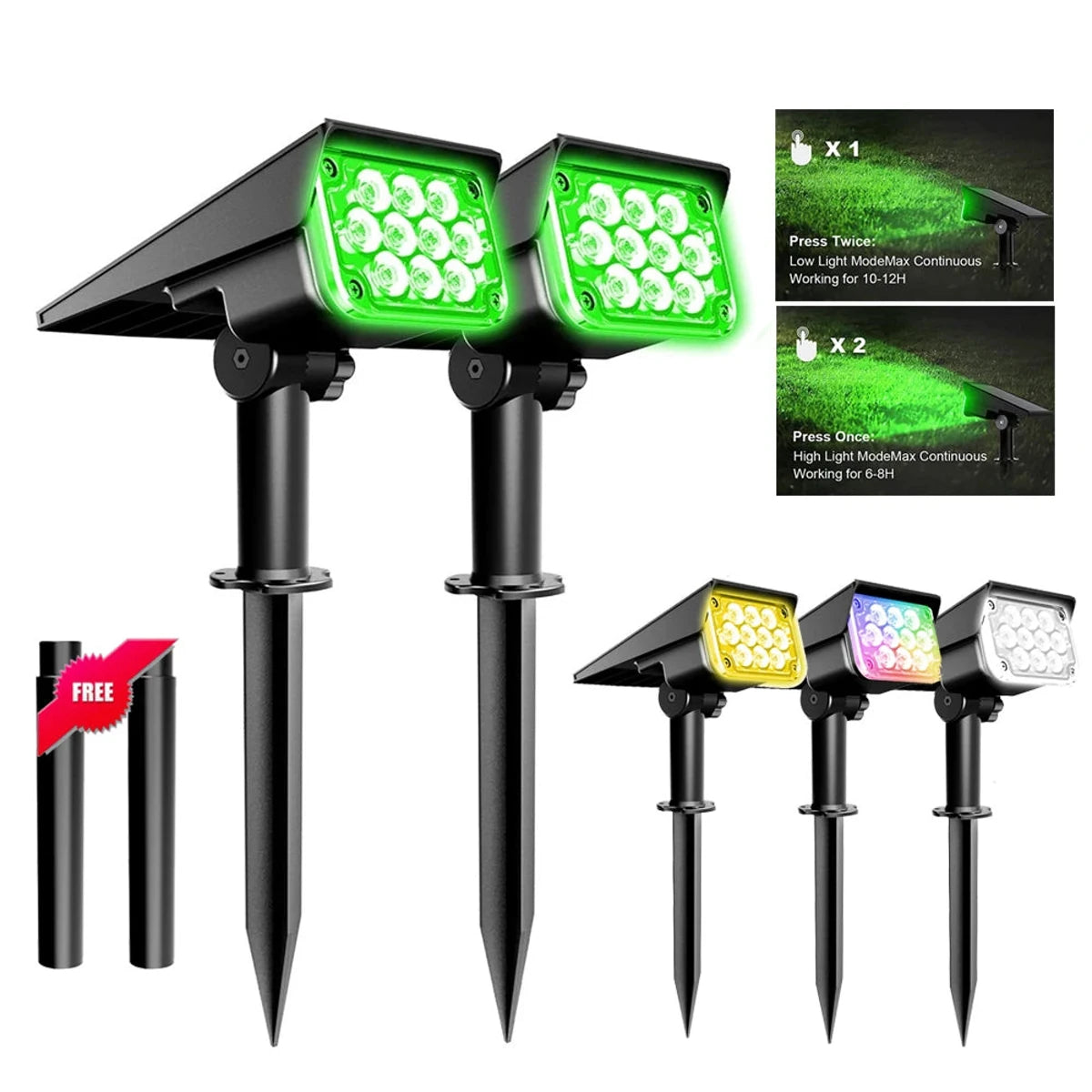

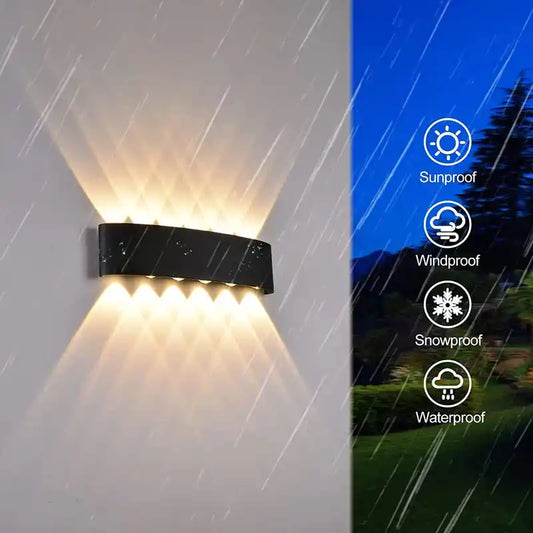

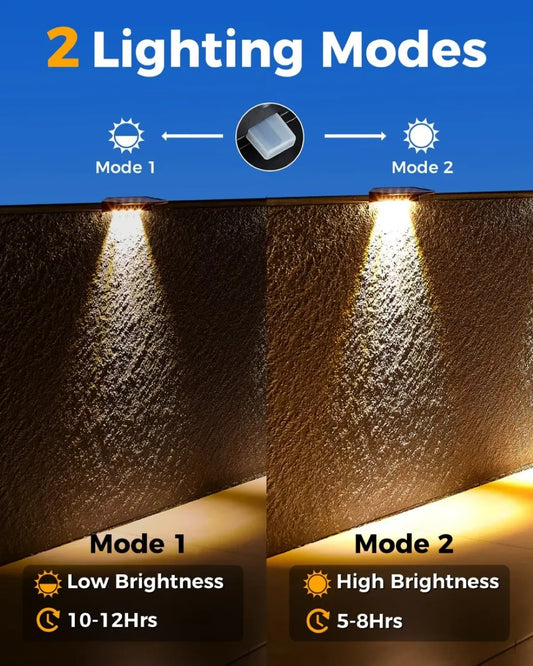

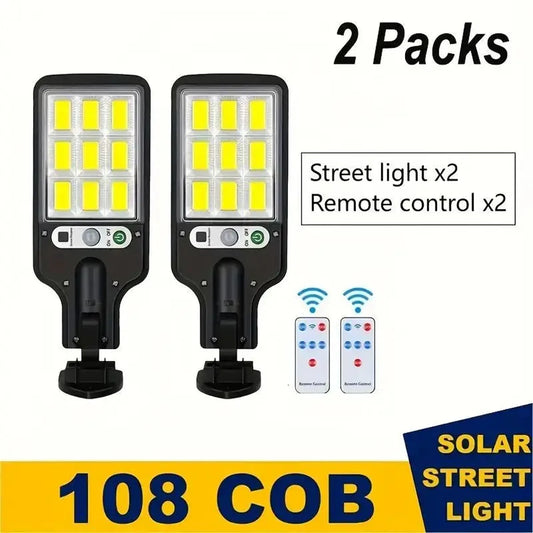

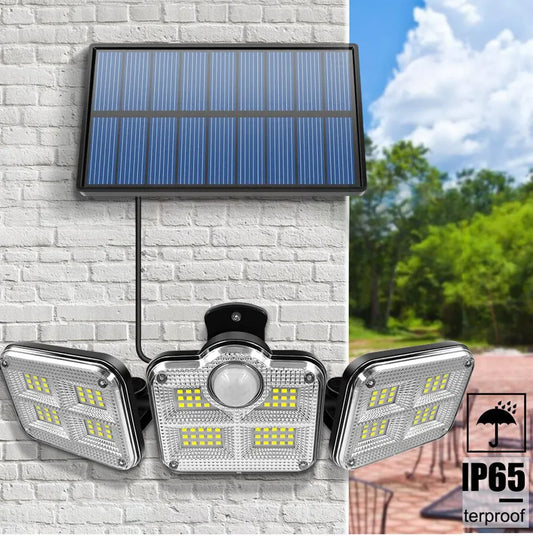

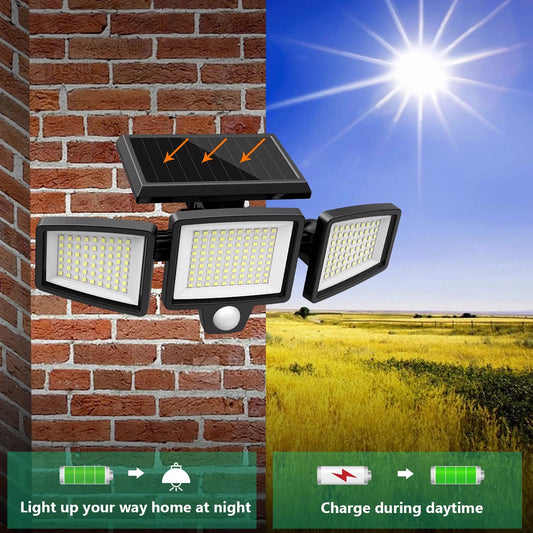

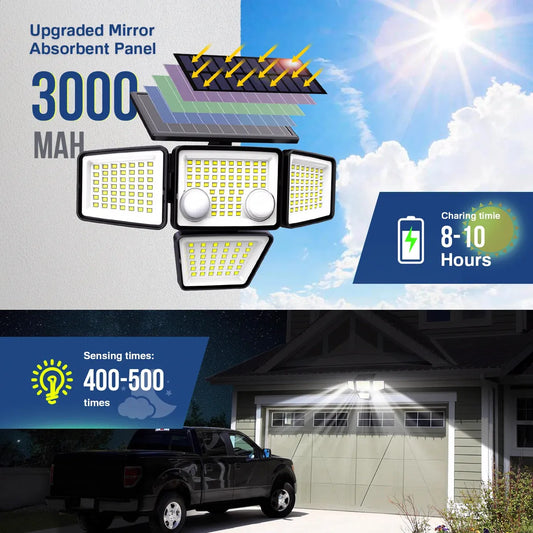



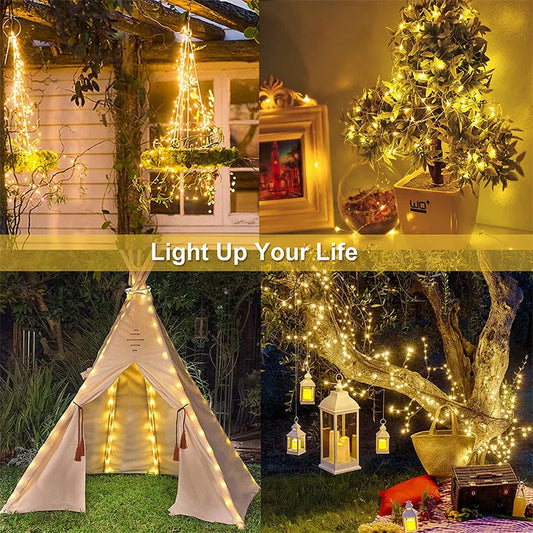

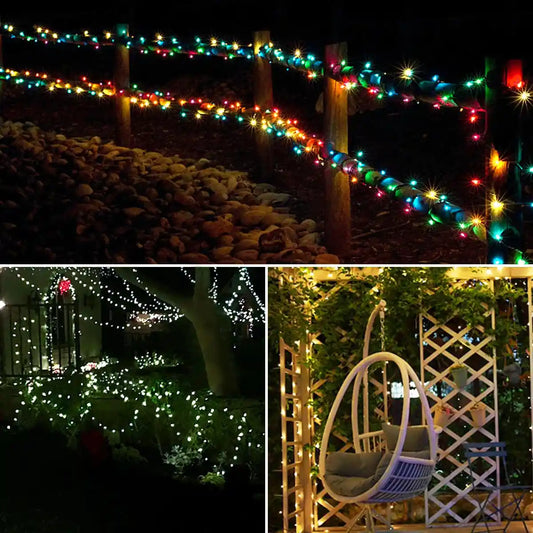

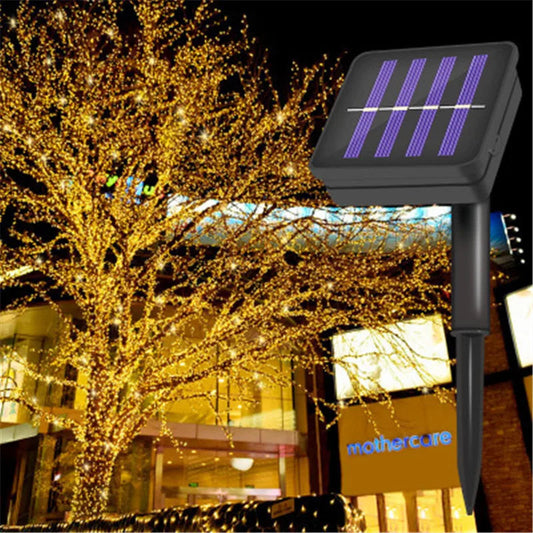

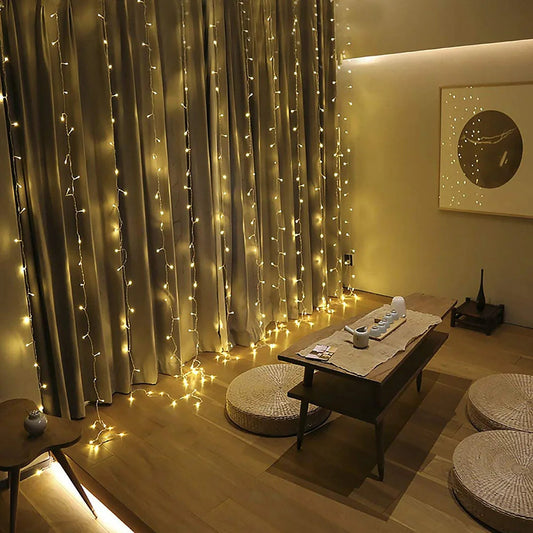





 />
/>
 />
/>
 />
/>
 />
/>
 />
/>
 />
/>